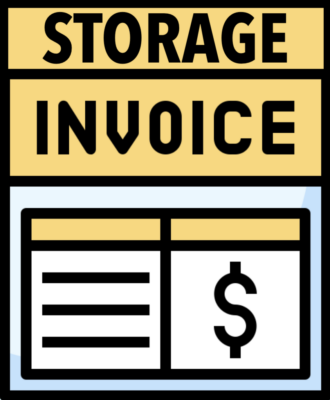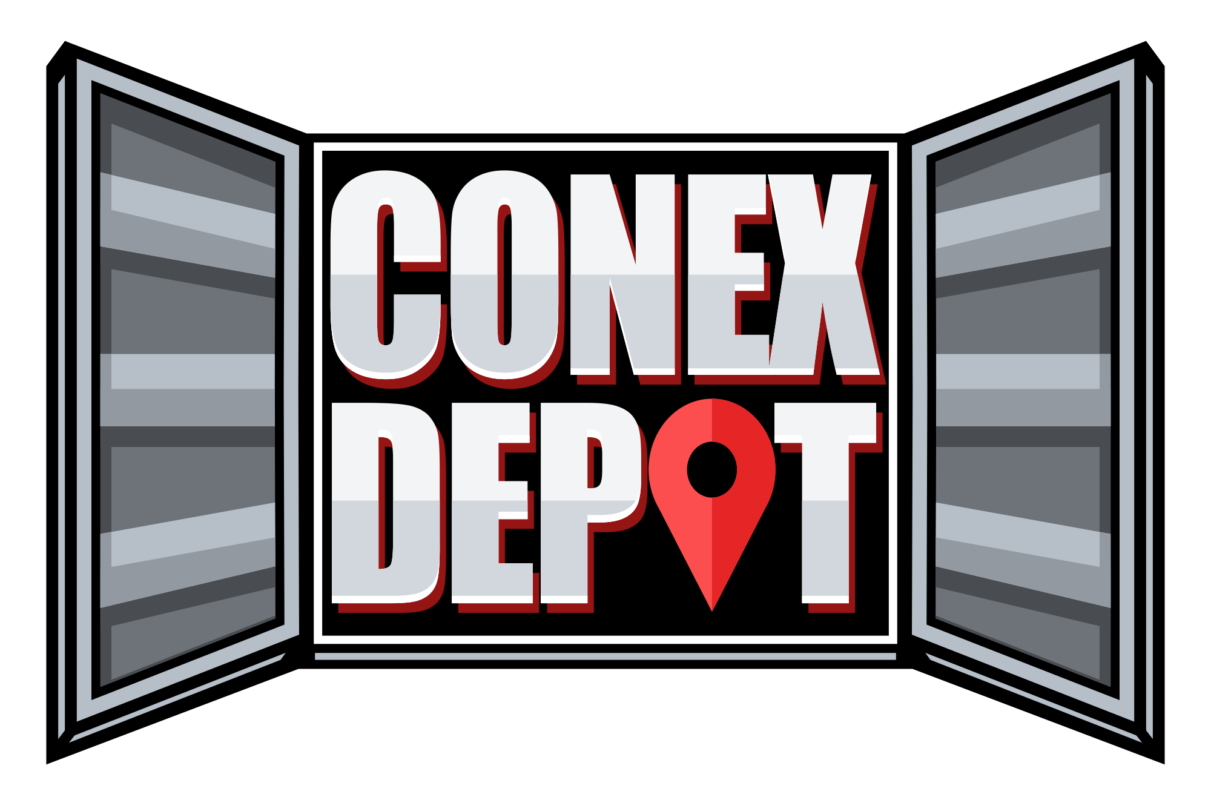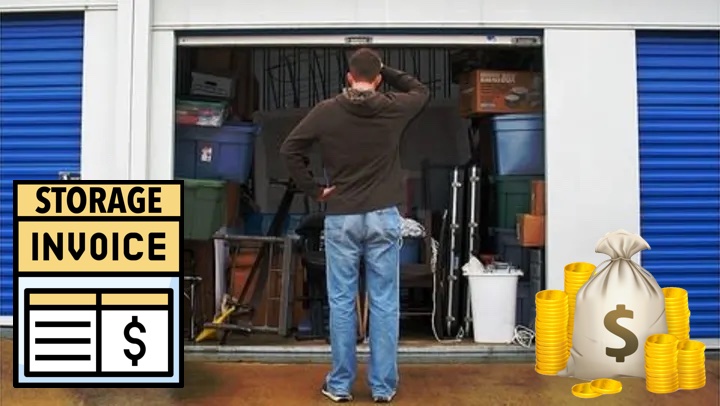Shipping Containers For Sale
Advantages of Buying a Shipping Container Over Renting a Self-Storage Locker
The Cost-Saving Advantages of Buying a Shipping Container Over Renting a Self-Storage Locker
Whether you’re a small business owner needing extra storage for inventory, a homeowner planning a renovation, or simply someone with too many belongings to fit in your living space, you’ve probably considered getting some sort of external storage. Two common options are renting a self-storage locker or buying a shipping container. This article explores the cost-saving advantages of choosing a shipping container over a self-storage locker.
 Initial Investment and Long-Term Costs
Initial Investment and Long-Term Costs
The primary advantage of purchasing a shipping container lies in the economics. Renting a self-storage unit may seem cheaper initially, but these costs quickly add up. Monthly rental fees can range anywhere from $50 to $300 depending on the size and location of the unit. Over time, these costs can far exceed the one-time purchase price of a shipping container.
In contrast, buying a shipping container involves a one-time investment. The cost of a new or used shipping container can vary greatly depending on the size and condition, but it is typically between $2,000 and $5,000. Once you’ve made this initial investment, there are no further costs unless you choose to modify or move the container.
Ownership and Control
When you buy a shipping container, you own it outright. This means you have complete control over how it’s used and where it’s located. You can place it on your own property (subject to local regulations), giving you easy, 24/7 access to your belongings without any additional charges.
On the other hand, with a rented self-storage unit, you’re subject to the rules and regulations of the storage facility. Access times may be limited, and you could incur additional fees for accessing your unit outside of designated hours. Plus, the facility may increase its prices at any time, leaving you with little choice but to pay more or go through the hassle of moving your items to a new location.
Durability and Security
Shipping containers are designed to withstand extreme weather conditions and long sea voyages, making them incredibly durable. They are constructed from high-quality steel and have sturdy, secure doors. This means they can safely store your belongings for an extended period without the risk of damage from pests, weather, or theft.
Self-storage units, while generally secure, may not offer the same level of protection. They are often constructed from less robust materials and can be more vulnerable to break-ins. Additionally, they may not provide the same level of protection against environmental factors like humidity, which can damage certain items over time.
Versatility and Customization
Another advantage of shipping containers is their versatility. They can be modified to suit a range of purposes, from simple storage to fully equipped workshops or office spaces. You can add insulation, electricity, shelving, air conditioning, and more. This means that your shipping container can evolve with your needs, providing long-term value.
In contrast, self-storage units are typically basic, unmodifiable spaces. They serve one purpose – storage – and cannot be customized or repurposed as your needs change.
Resale Value
Finally, a significant advantage of buying a shipping container is that it retains resale value. If your needs change and you no longer require the container, you can sell it and recoup some of your initial investment. This is not possible with a self-storage unit, where all the money you spend on rent is gone forever.
In conclusion, while renting a self-storage unit might seem like a convenient, low-cost solution, the advantages of buying a shipping container make it a smarter, more cost-effective choice in the long run. The initial investment in a shipping container can result in significant savings over time, not to mention the added benefits of ownership, durability, versatility, and resale value. So before you sign that rental agreement, consider whether a shipping container might be a better fit for your storage needs.



 Quick Quote
Quick Quote
